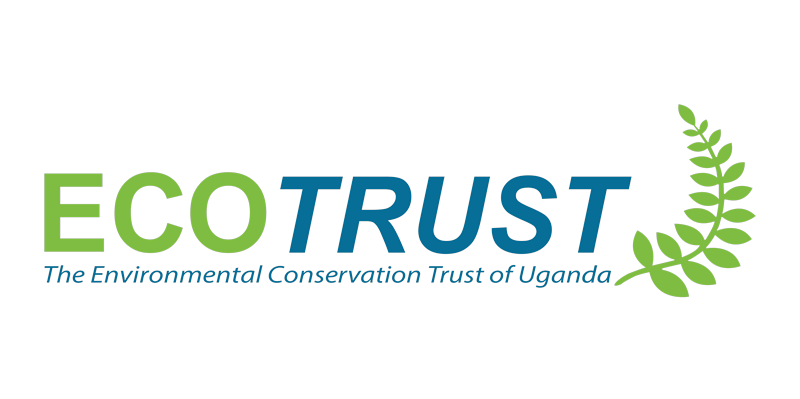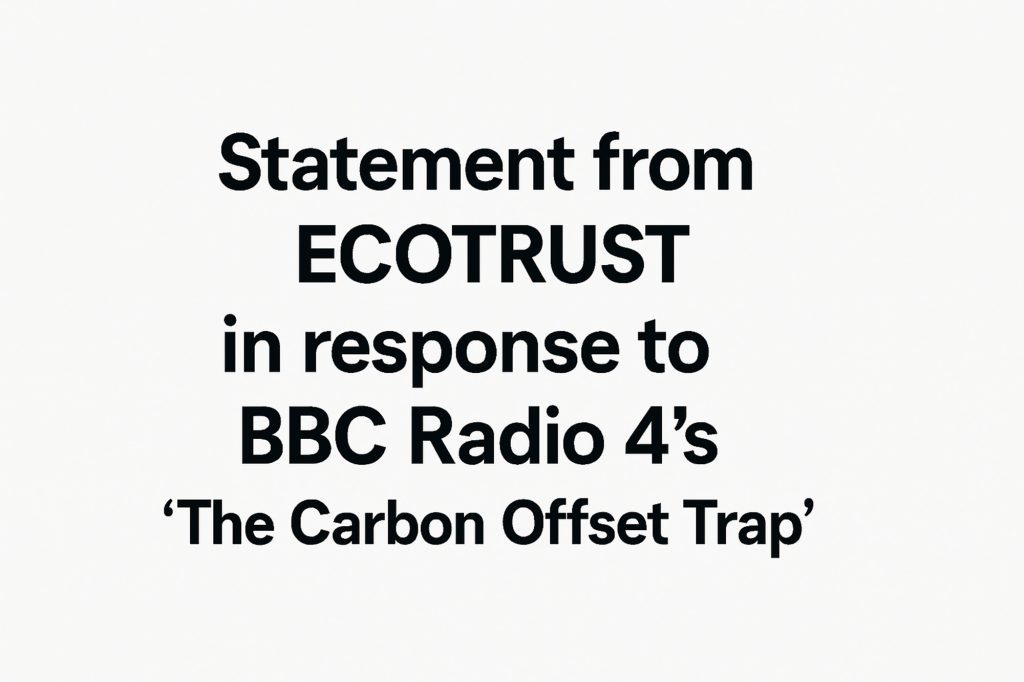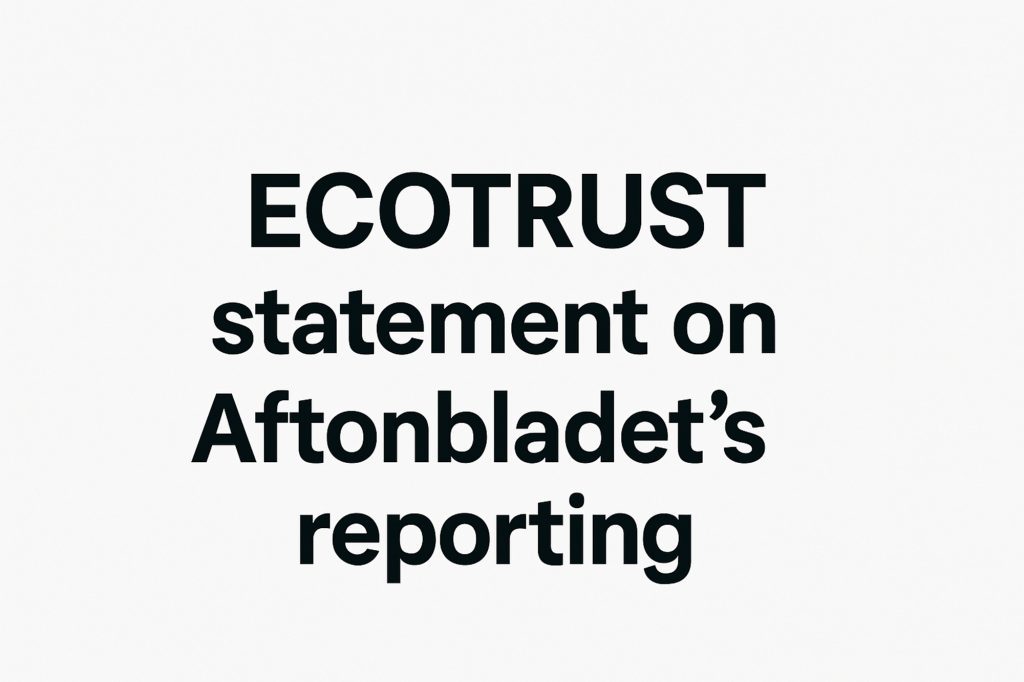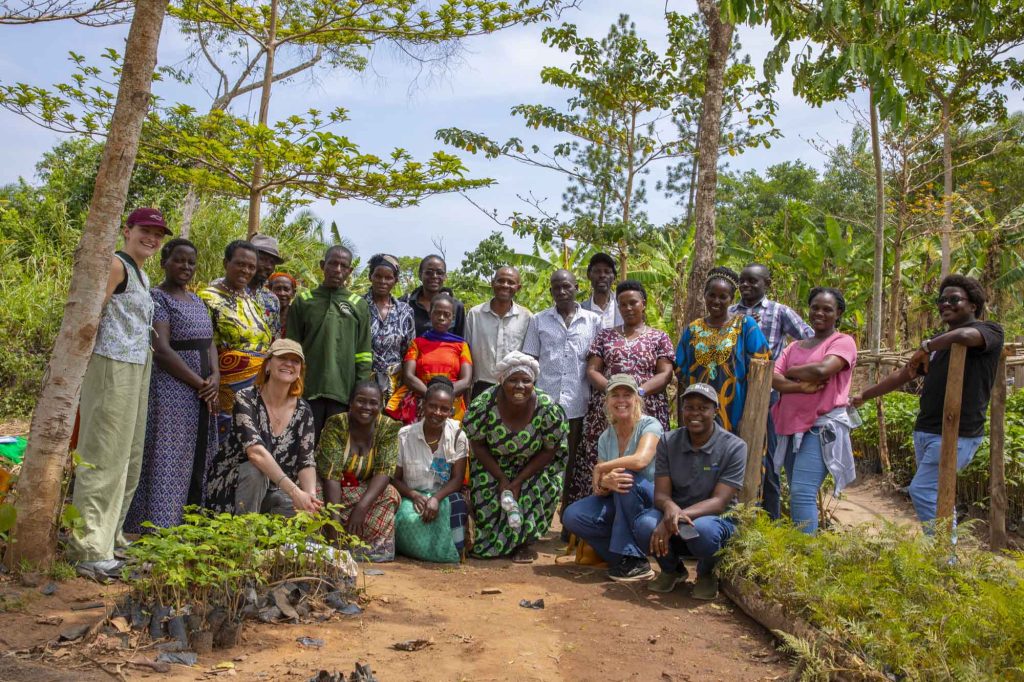The Uganda Carbon & Coffee Project
2024 - 2026
The Uganda Carbon and Coffee Project (UCCP) is a 3-year project financed by the OCP Foundation, Morocco, through the African Plant Nutrition Initiative (APNI) to support the Ankole Coffee Producers Cooperative Union (ACPCU) to enhance their revenues through increased Green Carbon Finance as an incentive to their coffee farmers. The Overall Goal of the project is to “Improve livelihoods and climate resilience of smallholder coffee systems in Uganda.”









The Project Components
The Uganda Carbon and Coffee Project (UCCP) goal will be achieved through four project components.
Activating carbon finance for improved management of coffee
Enabling farmers to improve coffee systems productivity and quality through diversification. Led by Producers Direct. Includes a PhD that is supported by MAK.
Inspiring youth and farmers to link diversification outcomes with markets. Led by Producers Direct. Includes a PhD that is supported by MAK.
Assessing the impact of improved agronomy on soil carbon and coffee performance. Led by the Alliance of Makerere University (MAK), Mohammed VI Polytechnic University (UM6P), and the African Plant Nutrition Institute (APNI).
Activating Carbon Finance
For Improved Management of Coffee
Coffee provides income for over 1.7 million Ugandan households. This project seeks to link such farmers to carbon credits production and sales that will introduce an additional income stream and facilitate adoption of sustainable production practices as well as enhance carbon sequestration in addition to other social, economic and environmental benefits.
- ECOTRUST will set up and implement a payment for environmental services (PES) incentive scheme for up to 3000 smallholder coffee farmers within the ACPCU operational areas in South-Western Uganda. PES is a voluntary transaction through which a well-defined environmental service, or a form of land use that is likely to secure that service, is bought by at least one ecosystem service buyer, if, and only if, the provider continues to supply that service (Wunder, 2005).
- The PES incentive scheme will provide an opportunity for the coffee farmers to secure an alternative long-term sustainability financing mechanism that will help them engage in activities that build their resilience through reversing ecosystem degradation and generating sustainable incomes.
- Over 3000 smallholders under the ACPCU umbrella coffee cooperative will be mobilized to plan for and plant over 900,000 trees on over 3000ha of land secured voluntarily from their farms; and monitor the growth and survival of these trees over a 10-25 year rotational period in compliance with the voluntary carbon market under the Plan Vivo Standard (planvivo.org ).
- Incentive payments will be designed for performance-based premium environmental outcomes including soil and water conservation, watershed protection services, carbon sequestration and biodiversity conservation. PES payments will be ex-ante (up-front) and linked to performance targets set out in individual or group conservation contracts signed with the participating farmers.
- ECOTRUST will ensure that all growers contribute to a community carbon fund (CCF) to de-risk and assist growers in the event of losses or disasters. The CCF will also be used to support the establishment of multiple revenue streams by all growers through green non-timber enterprises linked to large-scale off-takers.
- The 25-year PES/Carbon agreements will also serve as collateral for the growers to access green loans from the local cooperatives through which ECOTRUST will be delivering their PES payments. The conservation agreements give the growers a credit history that enables them to seek financing in other local financial institutions.
- ECOTRUST balances reforestation with improving livelihoods through restoration as a business (RAAB) to create climate resilient landscapes and livelihoods.



Trees Planted
Smallholder Farmers
Hectares of Land

Ankole Coffee Producers Cooperative Union (ACPCU)
Ankole Coffee Producers Cooperative Union (ACPCU) – will be the project hosting institution in Uganda, and the main beneficiary of the project. All the project components and activities aim at supporting ACPCU to meet its current and future goals. ACPCU will link the project components to member farmers and support the day to day running of the project activities.
ACPCU started from a humble beginning in 2006 and have grown into a confident, farmer-owned export coffee co-operative union with 14000 members from 26 primary cooperative societies exporting over 50000 bags FOB Mombasa basis to the market. The members are from distinct, multi-ethnic communities stretching across the mountains of South-Western Uganda; from the fertile slopes of Bushenyi to the dramatic heights and sparkling crater lakes of Bunyaruguru.
ACPCU shares a common voice of working together as progressive, forward-thinking farmers to market their coffee and to improve their livelihoods. The cooperatives promote planting of wilt resistant Robusta coffee with its member farmers.
- Latest news from the UCCP project
Statement from ECOTRUST on BBC Radio 4’s The Carbon Offset Trap
The BBC's The Carbon Offset Trap programme, broadcast on 2 April 2025, presents a one-sided and misleading picture of the Trees for Global Benefit (TGB) programme. The programme repeats false…
Setting the record straight: ECOTRUST response to Aftonbladet’s reporting
A series of articles published in May and June 2024 by the Swedish newspaper Aftonbladet, under the title “Hunger Forest”, misrepresented ECOTRUST’s work and distorted the lived experiences of farmers…
Empowering Women Through Conservation – A Visit to Tree Nature Women’s Group in Kidoma
As part of their visit to assess ECOTRUST’s biodiversity conservation and restoration initiatives within the Murchison Falls Landscape, representatives from the International Institute for Environment and Development (IIED) and the…





Follow Us On